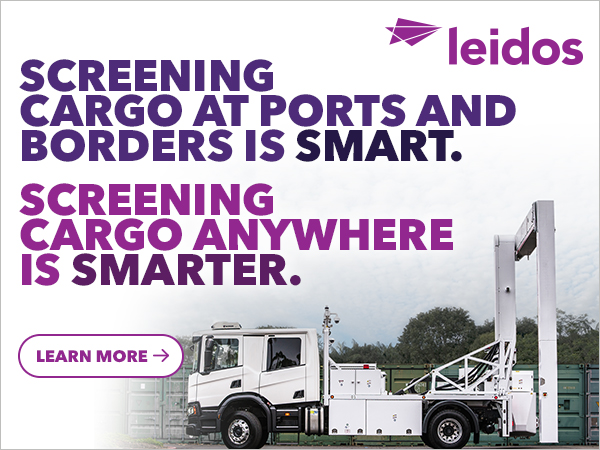From the Editor – Dossier contents
27 October 2025
By the WCO News EditorFor the Dossier section of this edition of the magazine, we have selected articles demonstrating how Customs administrations are responding to the challenge that represents managing the cross-border flow of shipments generated by online sales.
In the first article, John Edwin Mein from Instituto Aliança Procomex, an alliance of Brazilian companies and private sector organizations which support Customs modernization, explains how governments around the world are responding to the risks posed by e-commerce, especially when it comes to revenue collection. “Jurisdictions that move swiftly to secure structured, early access to electronic data, that hold platforms accountable as compliance partners, and that offer facilitation to those who comply will keep their borders functioning as points of passage. Those that do not risk allowing small parcels to become a large-scale compliance loophole – with costs measured not only in lost revenue, but also in consumer safety, industrial competitiveness and public trust”, he explains.
Next is an article by China Customs outlining how it is harnessing the digital nature of the e-commerce sector in order to strengthen its monitoring and enforcement capabilities. Since 2020, the seizure rate for high-risk shipments identified through real-time screening has reached 21.9%, nearly 100 million pieces of data have been analysed, resulting in the compilation of a blacklist of key individuals and companies involved in suspicious activities, and seven major smuggling cases related to e-commerce have been investigated.
In the third article, Dubai Customs introduces its blockchain-based e-commerce facilitation platform, a cornerstone of the Dubai Government’s broader E-commerce Strategy which aims to solidify Dubai’s position as a global e-commerce hub through the facilitation of trade operations going in and out of Dubai Free Zones.
It is then the turn of Norway Customs to presents its VAT On E-Commerce (VOEC) scheme, a VAT collection system aimed at foreign e-commerce platforms and online stores which applies to goods intended for private use with a value of up to NOK 3 000. The scheme was introduced at the same time as Norway abolished the de minimis rule which allowed low-value imports under NOK 350 (about $32 USD) to enter duty free. Five years after its introduction, the VOEC scheme is now well known and approximately 80 percent of the total number of shipments containing goods with a value beneath 3 000 NOK sent to private recipients are benefitting from it.
This is followed by an article by the Superintendence of Tax Administration (SAT) of Guatemala which explains how it is transforming cross-border e-commerce management. A fully digital procedure for personal-use consignments valued up to USD 1,000 and transported by express couriers has been implemented. Moreover, together with the Directorate General of Posts and Telegraphs and with support from the Universal Postal Union (UPU), the SAT is implementing the Customs Declaration System (CDS), which will allow the receipt of advance electronic information on postal shipments. The Administration also presents various initiatives aimed at enhancing data analysis capacities while highlighting that integrating data with e-commerce platforms and providers remains a challenge.
The Korea Customs Service then presents efforts to better control the e-commerce flow of goods, harnessing technological innovation and institutional reform. It concludes by pointing out that any risk management strategy based on information collected at the national level has limitations and that it is essential to strengthen information sharing and cooperative frameworks among Customs administrations, led by the WCO, to ensure secure and seamless cross-border trade.
In the next article, the WCO Secretariat presents existing tools and practices aimed at strengthening data accuracy and completeness in postal supply chains which remains a challenge, especially when data is provided by individuals and not business customers.
Finaly, DHL Express presents the actions taken with several administrations to translate a collaborative approach into real-world benefits. “These collaborations demonstrate how Customs administrations can save resources, increase detection rates, and implement reforms more effectively by working with a trusted private-sector partner”, explains the author.
Many more articles on e-commerce have been published in the magazine over the years and can be found here. Given the importance of the topic for Customs administrations around the world, we will continue to showcase e-commerce related initiatives in the magazine and I invite those who would like to share their experience or expertise to contact me.

